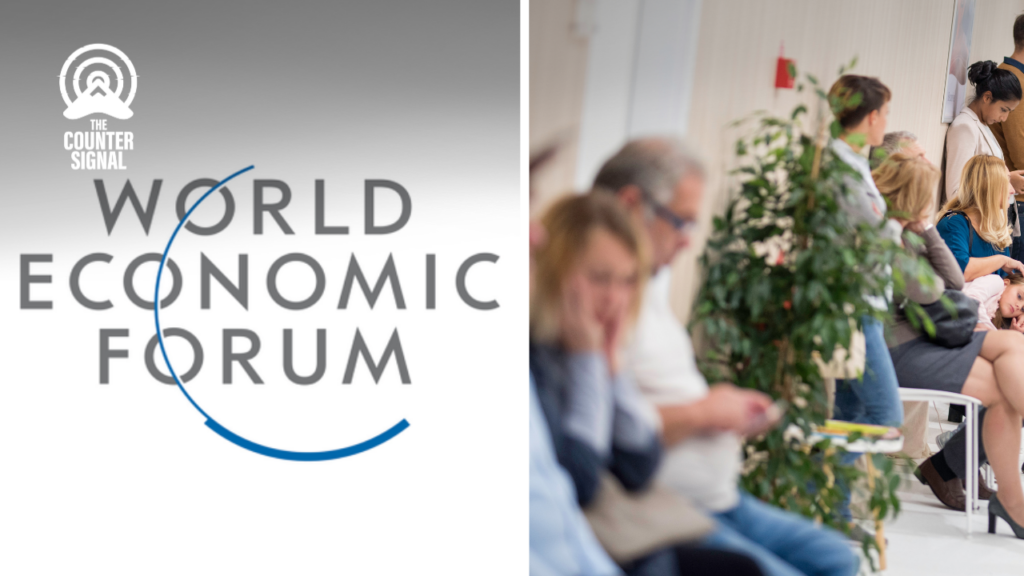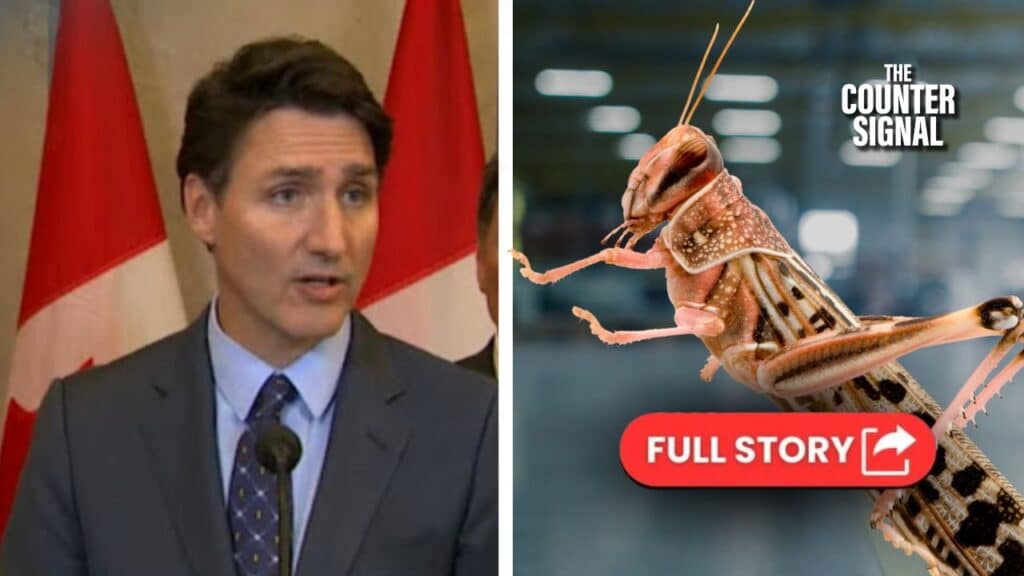The WEF has created an “equity” health initiative that prioritizes — and deprioritizes — patients on the basis of their ethnicity.

It’s called the Global Health Equity Network.
“New Zealand is pushing Māori patients up wait lists to fight inequality,” the WEF’s Tiktok account stated.
“The country is rolling out a new ‘equity adjuster.’ This uses 4 factors to decide patient priority.”
One of the priorities is ethnicity, which provides a different “score” depending on skin tone.
The score is then added up with other scores that patients are given according to their geographic location, level of deprivation, and time spent on waiting list.
The WEF states this is done to “correct disparities in health outcomes for Māori people.”
🧵BREAKING: The Global Health Equity Network is the latest tool of the World Economic Forum & United Nations.
— Lisa Logan (@iamlisalogan) May 8, 2023
It will force businesses & orgs to comply with new “health equity” practices or risk losing capital by including it in Environmental Social & Governance (ESG) metrics. pic.twitter.com/b7aeEoB29x
Māori people in New Zealand die on average seven years younger than the rest of the population and, the WEF claims, suffer from “higher rates of inappropriate care and follow up.”
To balance these disparities out, the WEF supports deprioritizing patients based on ethnicity.
The Global Health Equity Network’s proclaimed objective is to bridge the health gap between developed and developing nations, as well as ethnicities, which is a goal that garners applause from various quarters.
The WEF states that promoting health equity isn’t solely a moral obligation, but also a smart business move.
“There is strong evidence that addressing health equity boosts worker recruitment, retention and productivity; grows business sales and market share; and protects the long-term sustainability of a company by ensuring their license to operate,” its website states.
The WEF thus believes in ethnic discrimination in hospitals not just for racial justice, but good business.
Last year, a WEF speaker said that they might need to “recalibrate” people’s human rights.










